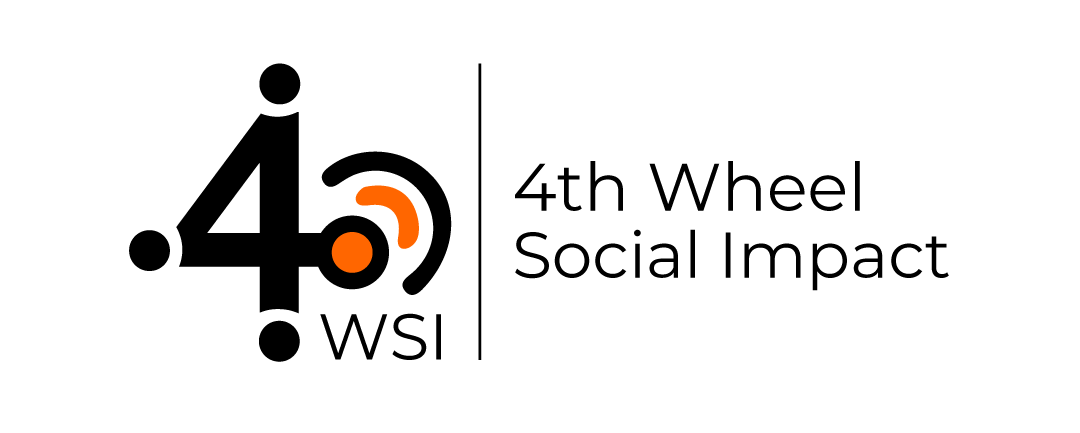The benefits of diversity management - A cross-country comparison
- Dec 22, 2012
- 3 min read
Updated: Sep 16, 2025
In a job market that is tougher than it has ever been in generations, differently-abled people often face even greater hurdles into employment – access and mobility coupled often with prejudice and ignorance.
The truth is that despite some political actions like the Rehabilitation Council of India Act (1992) or the Persons with Disability Act (1995) there is still reluctance to integrate differently-abled people into the workforce. The required percentage of 3% in the public and 5% in the private sector of positions filled by differently-abled is far from being met with the actual value of differently-abled people in the workforce being only 0.44% (HDI 2011). While most discussions embrace topics of non-discrimination and equal opportunities, this article takes a different point of view on the efforts made to integrate differently-abled people in business operations. It focuses on the numerous benefits that diversity management actually brings along and emphasises the great value disabled people bring to a company.
Benefits can be found throughout the company’s department- from strategic branding in Marketing to team development in HR, from tax benefits and risk reduction in Finance to more innovativeness in Research and Development. Titan Industries Ltd., for instance, actively engages differently-abled people in their workforce, because they are aware of their good qualifications, productivity, and creativeness. It’s often said that a person in a wheelchair has to be innovative just to get through the day. And they excel at that! Hiring disabled people means hiring experts. They often show higher motivation and better and more thoughtful preparation towards tasks. Mirakle, a firm entirely run and manned by the hearing-impaired has an impeccable service record, having maintained a zero-defect record with no packet being delivered to a wrong address.
Being a disability-friendly organisation also helps to promote the business positively. Hiring people with disabilities is not charity. But, bringing them into the organisation is an exemplary act that models corporate responsibility. Goodricke Company, for example, is working with the Indian Institute of Cerebral Palsy and inscribes their name on all those tea jars mentioning that the persons with cerebral palsy do the packaging. It creates a general awareness regarding the capabilities of persons with cerebral palsy in the community at large and at the same time, improves the corporate image of Goodricke.
If we take a look abroad we find innovative political reforms that promote the integration of differently-abled people and at the same time, provide financial benefits for the company. In Germany, a special mechanism stimulates the employment of unemployed people- Every company that has more than 20 employees is obliged to employ at least 5% of differently-abled people. If they can’t fulfil the quota, they have to give a compensation payment to the Ministry of Integration. This income is then used by the Ministry of Integration to improve working conditions for differently-abled people, for instance, subsidizing devices or technologies that facilitate the employee’s work. It is referred to as balanced payment since potential higher costs that occur when hiring a differently-abled person, are balanced with the payments provided by companies that don’t fulfil their quota.
What works in Germany could also be tried out in India and indeed in June 2012, the National Advisory Council, chaired by Sonia Gandhi, has recommended giving tax benefits to private employers of persons with disabilities, in a set of measures to enable their greater participation in the workforce.
It is said that the earlier emphasis on medical rehabilitation for differently-abled people has now been replaced by an emphasis on social rehabilitation. And exactly this social rehabilitation is not only valid for differently-abled people, but also for businesses, striving to be an ethical and responsible organisation and simultaneously improving their brand image, gaining customers and therefore increasing sales. Clearly, a win-win situation!




Comments